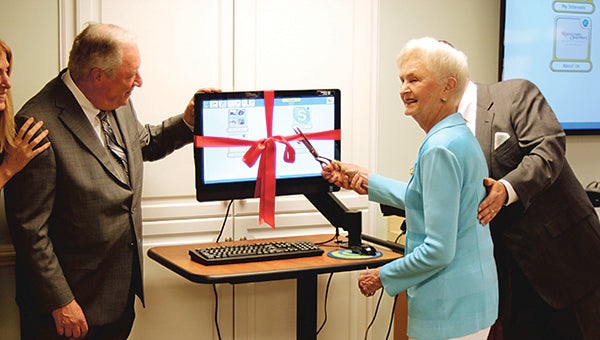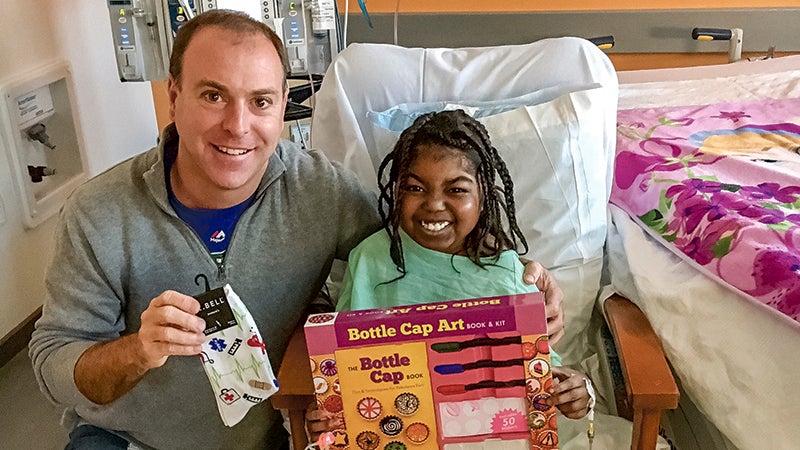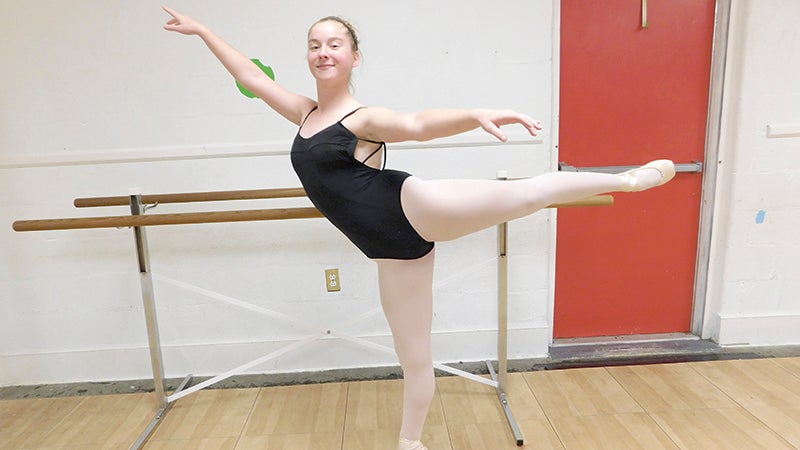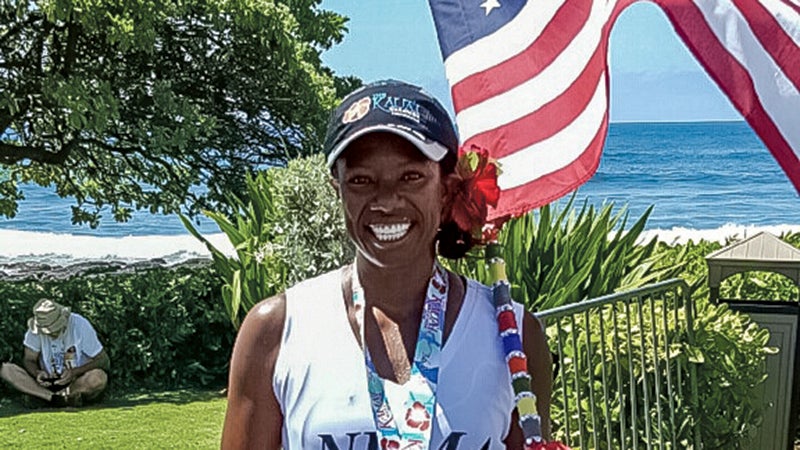Birdsongs fund new dementia research
Published 9:33 pm Tuesday, June 30, 2015

At Virginia Beach retirement community Westminster-Canterbury on Chesapeake Bay on Tuesday, Suffolk’s George and Sue Birdsong, who are funding the project, cut the ribbon with Westminster-Canterbury President and Chief Executive Officer Ben Unkle, on a study of new technology to treat dementia.
If a study launched Tuesday at a Virginia Beach retirement community proves the efficacy of new technology to treat dementia, the world can thank a philanthropic couple from Suffolk and the power of peanuts.
Sue Birdsong, whose husband George Birdsong is chief executive officer and general counsel of peanut processing company Birdsong Corporation, was introduced to the touch-screen computer system, developed by Colorado’s Never 2 Late and referred to as iN2L, while serving on the Westminster-Canterbury Foundation Board.
After her late mother was one of the Shore Drive-based retirement community’s first residents, Sue Birdsong has served on the board for years. She said she grew excited about the possibilities when Ben Unkle, president and chief executive officer of Westminster-Canterbury on Chesapeake Bay, gave a presentation to the board on his idea of studying iN2L.
Westminster-Canterbury has been using a few of the computer systems for about three years, after being introduced to them through its membership in a national organization representing nonprofit retirement communities, said Unkle’s assistant, Amy Powell.
According to Unkle, iN2L chief executive officer and co-founder Jack York has spent years attending conferences to show what the technology can achieve, without the success he might have hoped for. “We had to find a way we could prove the impact on the quality of life,” Unkle said.
Coupled with the fact that the Center for Medicare & Medicaid Services, under President Barack Obama’s health care law, has mandated that nursing homes reduce the use of antipsychotic drugs by 30 percent — as noted by EVMS neurologist Paul Aravich, co-investigator of the study at Westminster-Canterbury — the statistics plainly show the need for new behavioral-based technology in the fight against dementia:
According to the U.S. Census Bureau, 20 percent of Americans will be 65 or older by 2030, up from about 14 percent three years ago. And The Alzheimer’s Association projects the incidence of memory impairing disease will jump 40 percent nationally, and 46 percent in Virginia, in the next decade.
Unkle cites some brighter statistics: latest research, he says, suggests that lifestyle, as opposed to genetics, determines by 70 percent whether folks end up with dementia and when onset occurs.
Physical activity and engagement are the main lifestyle factors, Unkle said. “What’s more exciting, we have learned that if you re-engage, you can reclaim,” he added.
Sue Birdsong said that after Unkle’s presentation to the board on rolling out an iN2L study, she went home and told her husband all about it.
“He said, ‘OK, I guess so, if you want to get one of them,’” she said. “I said, ‘I don’t want to get one, I want to get all of them.’ He said, ‘Well, I guess so.’”
Sue and George Birdsong have funded the entire study with $228,000.
What got him excited, George Birdsong said, is that it isn’t just putting a computer in someone’s room, but a scientific study.
“If it turns out to be effective, it will be a game-changer for people in retirement homes with dementia all over the world,” he said.
In honor of its benefactors, the study has been named The Birdsong Initiative. It will run for 24 weeks, with 31 Westminster-Canterbury residents using the computers to access content tailored to their personal interests and cognitive ability, and perhaps even to Skype with their families and use social media.
Concurrently, another 31 residents with dementia will participate in non-computerized, personalized therapeutic programs.
Joining Westminster-Canterbury on the project is Eastern Virginia Medical School and Virginia Wesleyan College.
According to Powell, preliminary data will be available at the end of the first 12 weeks, in mid-September, and a medical journal-published case study, and probably a white paper, will be the end result after 24 weeks.
Many retirement communities and nursing homes are keeping a close eye on the study, Powell said.





